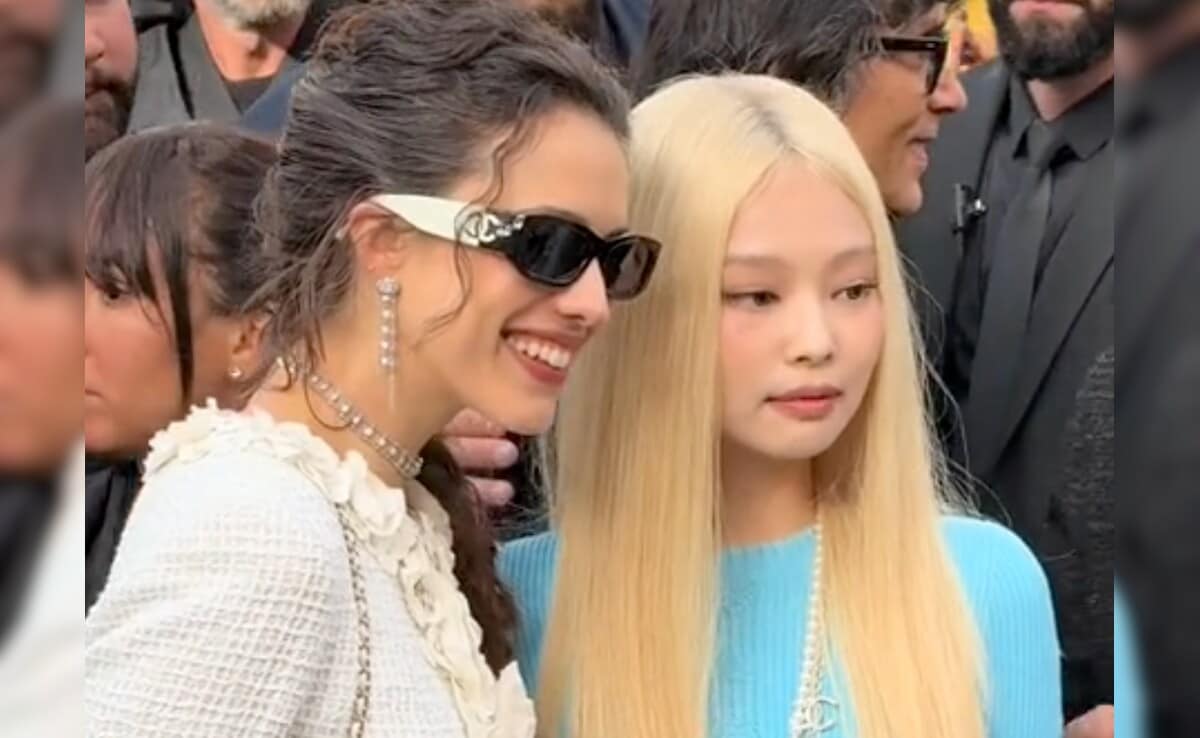The internet has been blazing with discussions following a controversial remark made by actress Margaret Qualley regarding BLACKPINK member Jennie’s newly debuted blonde hairstyle. Qualley, widely recognized for her roles in “Once Upon a Time in Hollywood” and “Poor Things,” has been receiving criticism for her comment, which many have deemed “racially insensitive.”
Margaret Qualley, daughter of the famed actress Andie MacDowell, has been in the entertainment industry since 2011. Over the years, she has established a name for herself with a strong filmography and commendable performances. However, her latest involvement in a public controversy has placed her under intense scrutiny from fans and social media users alike.
The matter escalated when Qualley allegedly commented on social media about Jennie’s transformation from her signature dark hair to a stunning blonde look. Although the exact words used by Qualley were not disclosed, the comment was seen by many as culturally insensitive and racially inappropriate. The reaction from fans was swift, with many taking to social media platforms to voice their displeasure over Qualley’s words and express their support for Jennie.
Jennie, a member of the South Korean sensation BLACKPINK, is known not only for her musical talents but also for setting trends with her fashion and style statements. Her recent change to blonde hair drew widespread attention and was celebrated by fans across the globe. However, the attention quickly took a negative turn following Qualley’s remarks.
Fans have pointed out that Jennie’s choice to go blonde follows a long-standing tradition in fashion and entertainment where artists often experiment with hair colors and styles, irrespective of their ethnicity. They argue that criticizing such choices in a racially charged manner reflects outdated perspectives on beauty and diverse cultural expressions.
The incident has resurfaced age-old debates about cultural appropriation versus appreciation and the sensitivity required when public figures comment on the cultural expressions of others. While some argue that Qualley’s comment was perhaps taken out of context, others insist that influencers and celebrities should exercise greater awareness and sensitivity in their statements.
As the debate continues, many are curious to see how Qualley will respond to the backlash. Will this be a learning opportunity for the actress and others in similar positions to understand the implications of their words better? Public discussions around this event underline the necessity of dialogue focused on fostering understanding and respect among different cultural backgrounds.
In the meantime, BLACKPINK fans and social justice advocates continue to amplify their message for more mindful representations and comments regarding race, culture, and their intersections with modern-day media and celebrity engagements.






